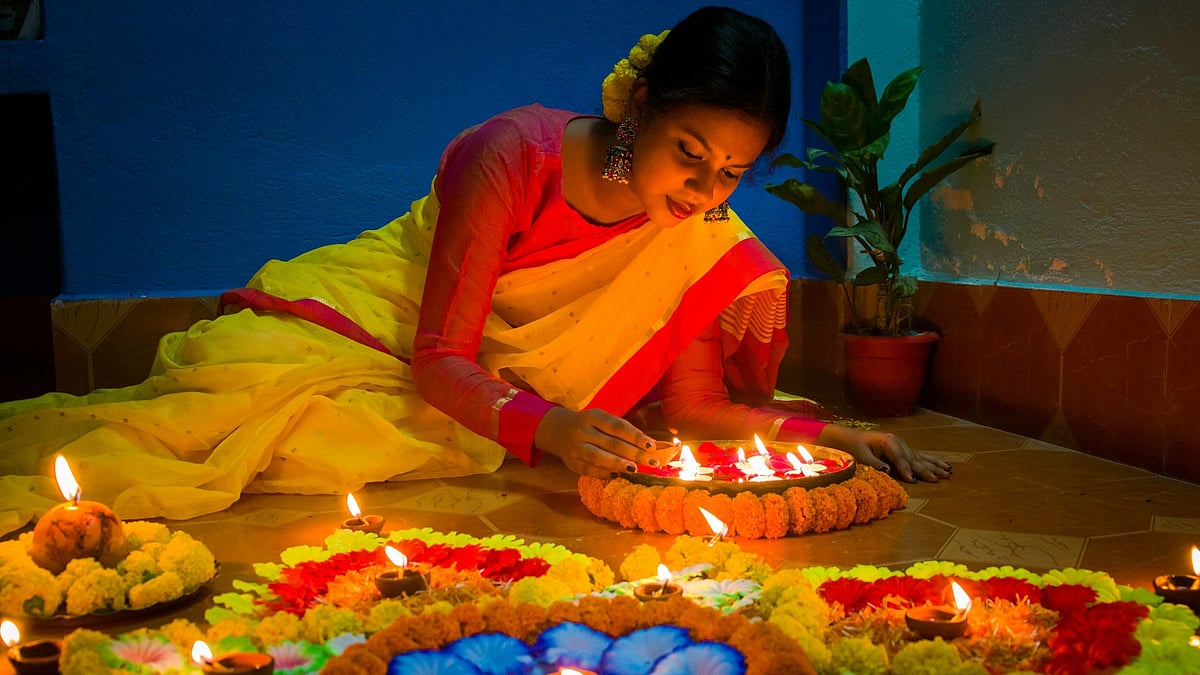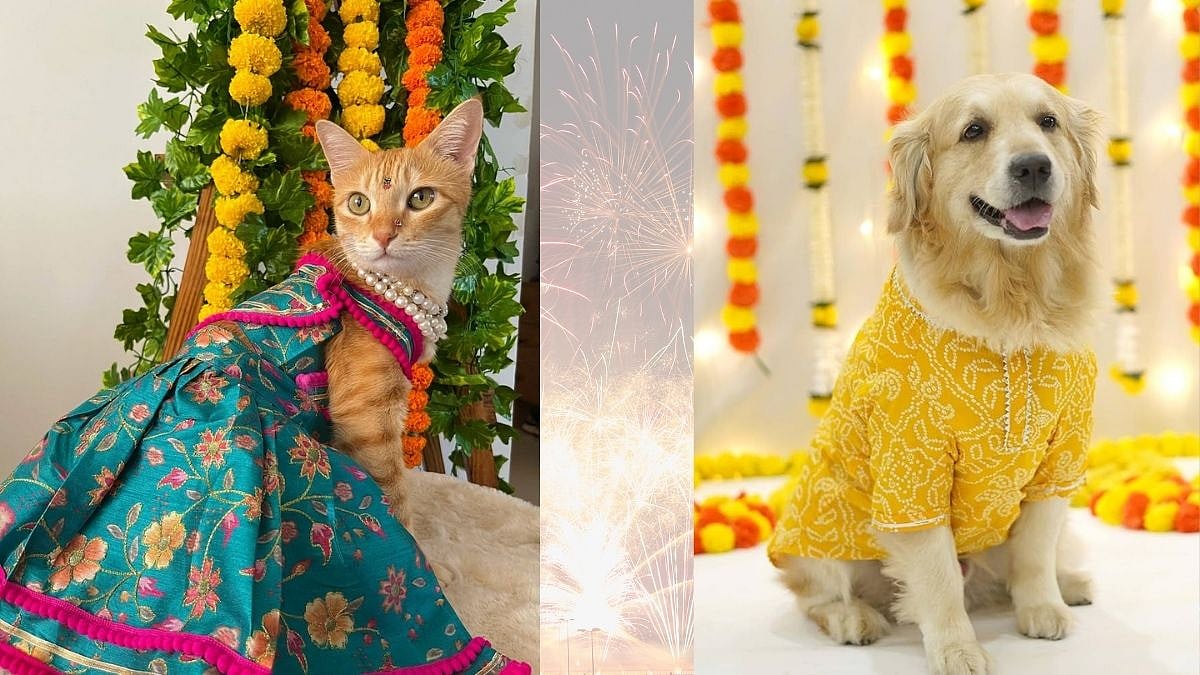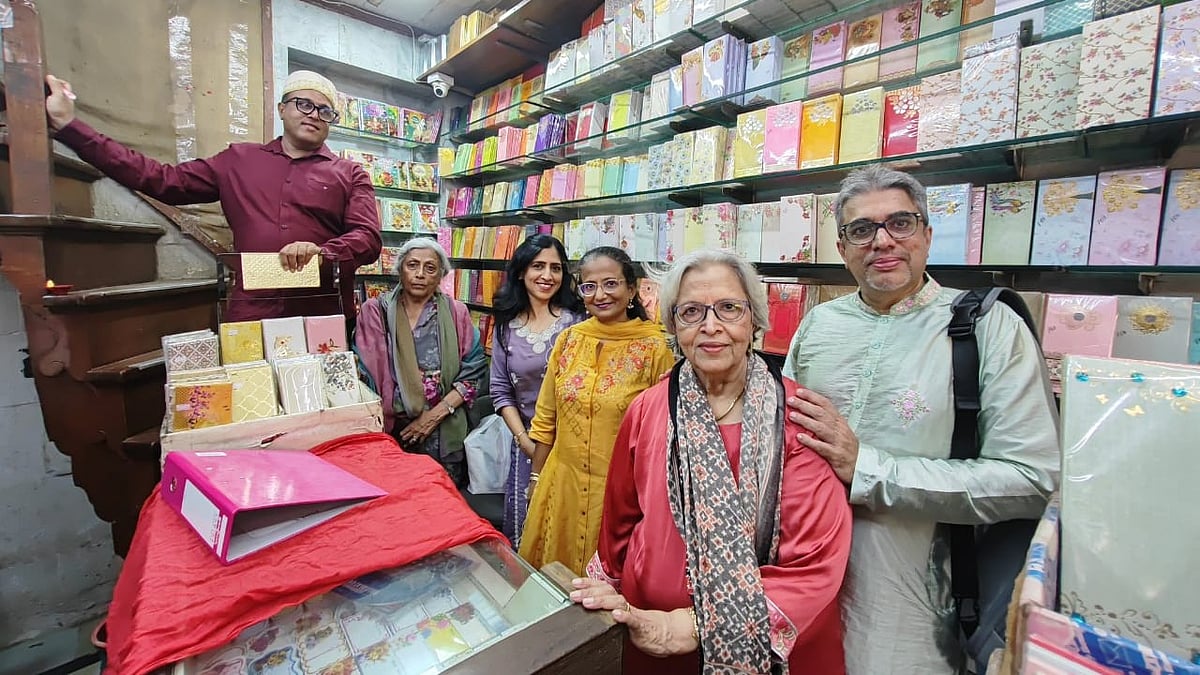As a kid, Baba would goad me to grow up to be an engineer saying “What parent doesn’t want their child to follow in their footsteps?” My stock response, “Only if I am interested” routinely fell on deaf ears. But it’s true that a lot of people in my social circle, whether they were in the Army, business or engineering, had their children happily follow them in their professions. Then, does the current nepotism (insiders and their kin first, at the cost of outsiders) narrative hold water in other vocations? Let’s ask four individuals who have chosen career paths similar to a family member’s...
Nepotism, defined
Meritocracy is supposed to democratise society and promote equality, and that it does. Then, shouldn’t meritocracy be applied without taking into account one’s lineage? Can’t a doctor’s son also be a good doctor? What, then, is nepotism? For Deepti Mujumdar, the Head of English department at Goregaon’s Patkar-Varde College, the definition of nepotism is, “taking undue advantage or gaining unfair leverage due to familial connections”. Abhik Khanra, a self-employed IT consultant in Kolkata, adds “...establishing the undue part may be tough though.”
Anup Burte, a Mumbai-based architect, upholds, “It’s immoral when one uses one’s influence in favouring relatives/friends over merit in an enterprise/endeavour not owned by them. In family-run enterprises, however, since the responsibility of profit-loss rests with the family and its extended circle, it’s the practise that the family gets to decide its wont.”
A matter choice
Is the choice of one’s profession dictated by our parents/interests? Aren’t our parents our heroes and role models? What if our interests and our parents’ choice coincide? Should we still not pursue our dreams simply because we will be accused of being a ‘favoured’ individual?
Earlier, people would castigate you if you failed to follow in your father’s footsteps; to follow your community’s trade was an accepted norm. Today, the social mores have reversed to the extent that the same roadmap is bound to invite you your peers’ ire. Deepti avers “My parents were well-known professors. It seemed but natural that I become a lecturer in my subject of choice, English Literature. Years of observing the love and respect that students bestowed on my parents may have influenced my decision.”
A Bengaluru-based architect who also dabbles in many ancillary spheres, Angshuman Das clarifies, “I haven’t strictly followed in my father’s shoes though I do belong to a section of the same industry. My choice was based on a simple reason — I aced my exams at the first go and didn’t want to wait another year for my real passion, which is Genetic Engineering, as I felt the need to start earning sooner than later.”
Abhik underscores a sore point when he notes that “...not knowing what other possibilities existed at that time” was his reason for becoming an engineer like his father. He upholds how the lack of genuine idea or understanding of one’s own aptitudes and career counselling is often the reason some end up choosing a familiar, default career option. Anup strikes a decidedly fun note as he shares that his choice of subject rested on seeing “...my brother enjoying architecture college life more than kids in the engineering college.” He is the only one FPJ spoke to who had followed his elder brother’s choice of profession, and not that of a parent.
Advantage, much?
On being asked if they had an advantage over others in terms of preparation, Angshuman responds with, “On hindsight, no! I have watched my father work with similar apparatus as I eventually did but that did not give me a head start... It was solely up to me to prove my mettle.” Abhik concurs, “My family background may have conferred me with access to some professional information but that ceased to be relevant by the time I started work.”
Deepti feels differently. “Yes, I was better equipped! I discussed workplace issues with my parents and got their sage advice; but that's all there was. I didn’t get the job or reach the station that I’ve thanks to who they were. I’m proud of being acknowledged as a good teacher by my students, the reason for me continuing in this profession for two decades now, on my own merit.”
The debate
The online media space is awash with articles, memes and discussions around the topic of nepotism. With a constant chatter surrounding this subject, it’s impossible to avoid it even if one were living under a rock. So how do the four interviewees feel about it?
Abhik declares that “Nepotism is impossible to stop; even undesirable, I’d say. In all the media chaos, there’s no attempt to clarify what it IS; nepotism is too big a brush that’s being used to tar everyone and everything. So, if you know someone, trust their abilities in something and entrust them to work in the same – is that nepotism? Then, everything from sports teams to entrepreneurs or funding stands guilty. It’s valid to raise this accusation only if a chance is given to you thanks to your connections, which otherwise wouldn’t have come to you, AND you’re allowed more chances AND your failures are glossed over. Otherwise, it’s just like us human beings to put forward their ties and exercise their kinship as has being going on for millennia.”
Deepti trusts that “It’s natural for people to want their children to enter the same profession. However, if it’s done at the expense of a more deserving candidate then it’s unfair. Similarly, if an Alia or a Ranbir delivers excellent performances but are not recognised simply because they are ‘insiders’ it’s unfair. Merit should be the sole criteria for judging a person.” She admits that “every profession has a dark side (of nepotism) and we are all party to this.”
Angshuman ties it all up: “The nepotism debate is at present a fancy of the echelons of the polity and entertainment industry, mostly. But the wider aspect of a 'backing' in a quid pro quo framework exists across all professions. I have been subject to it as well and see people facing it across the board. When it’s unfair, it’s derogatory to the essence and ethic of 'work' itself.”











